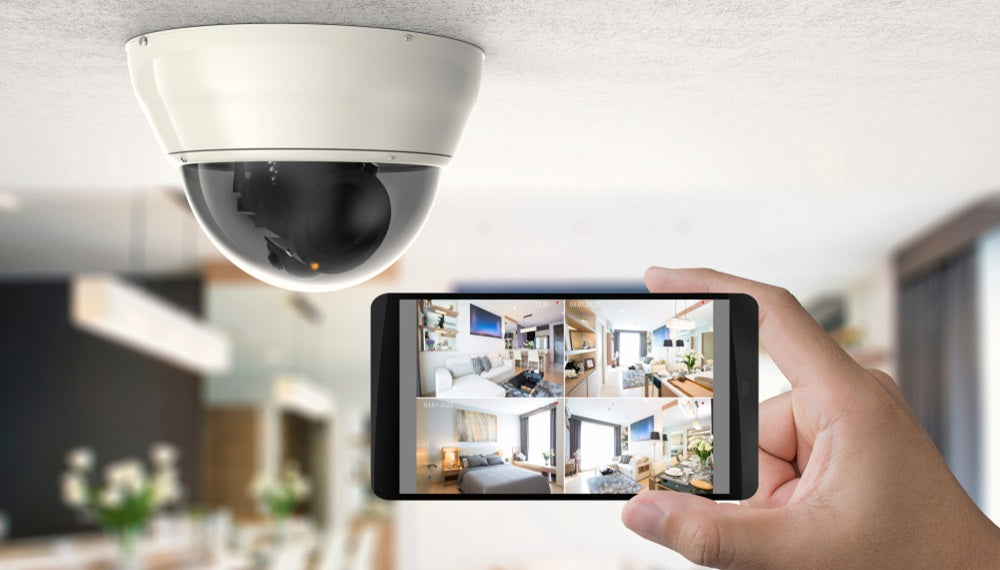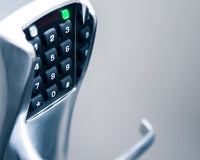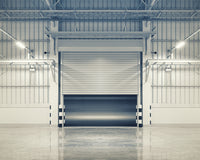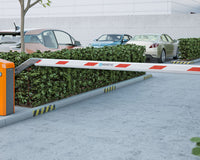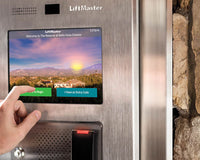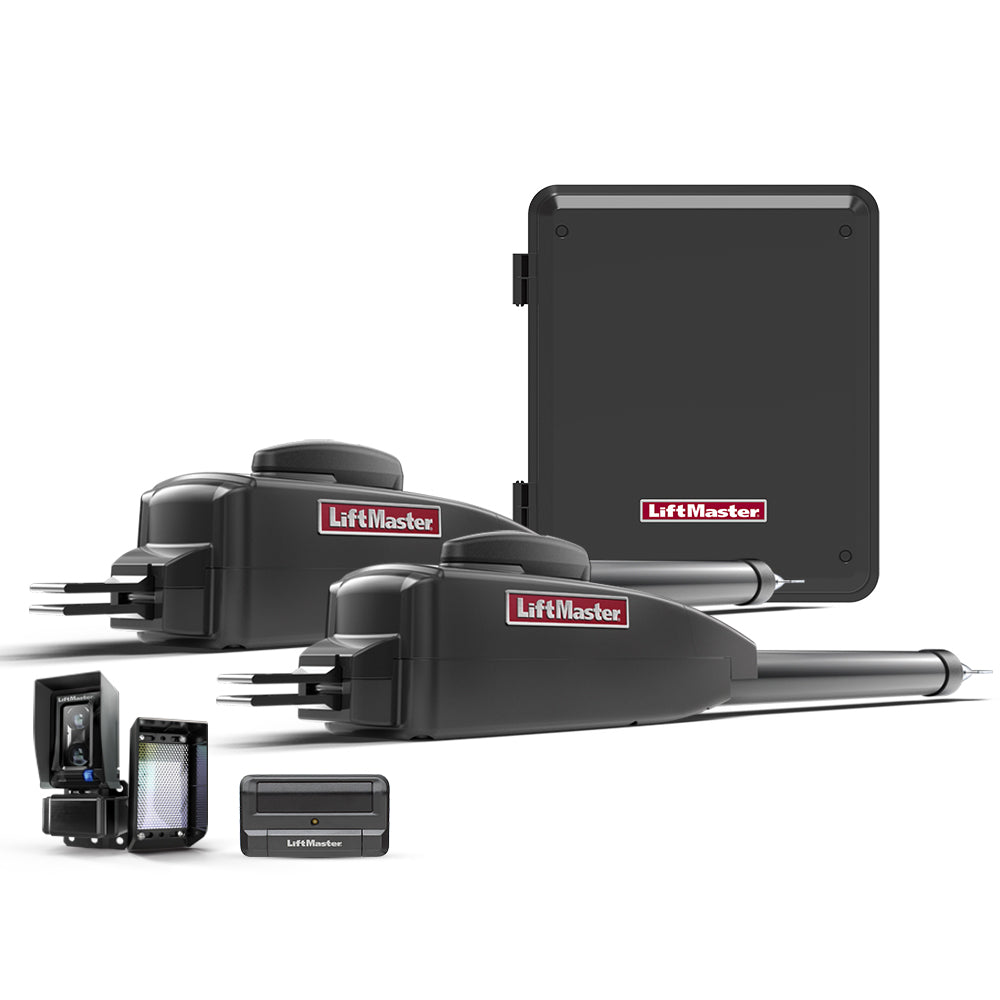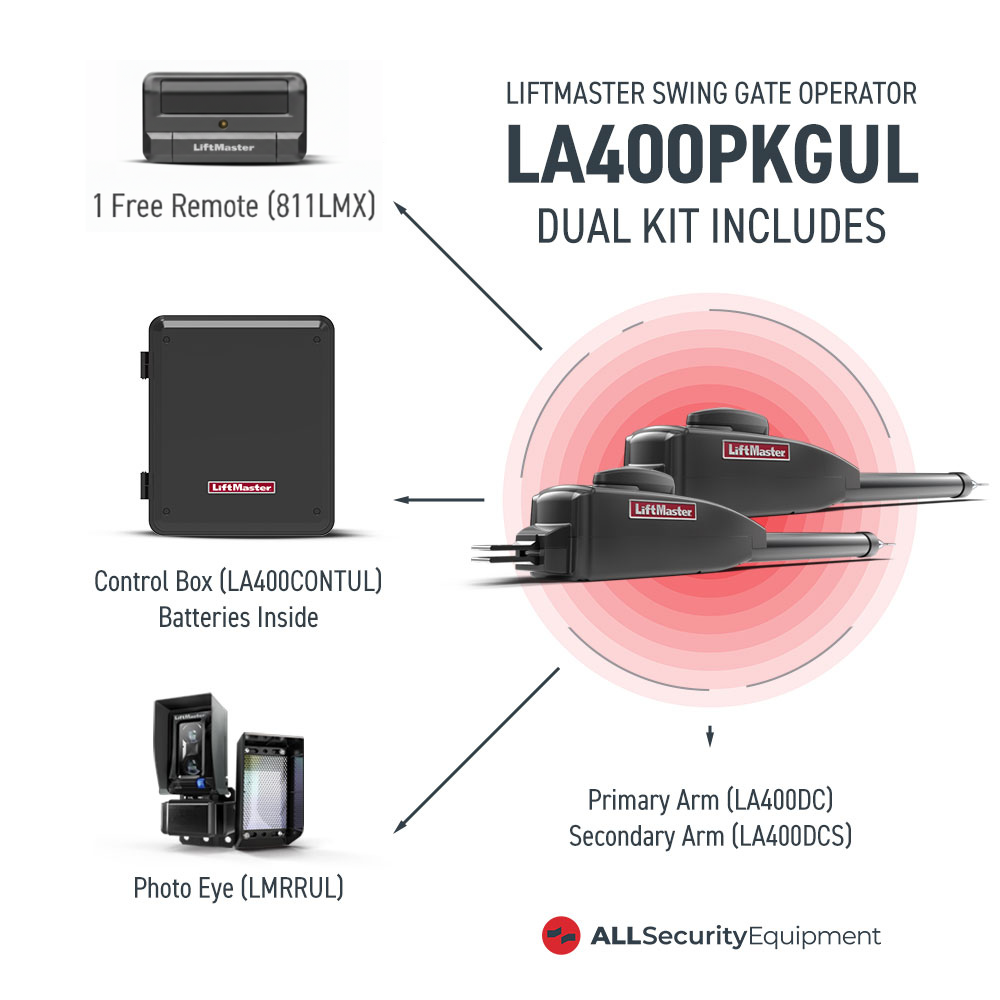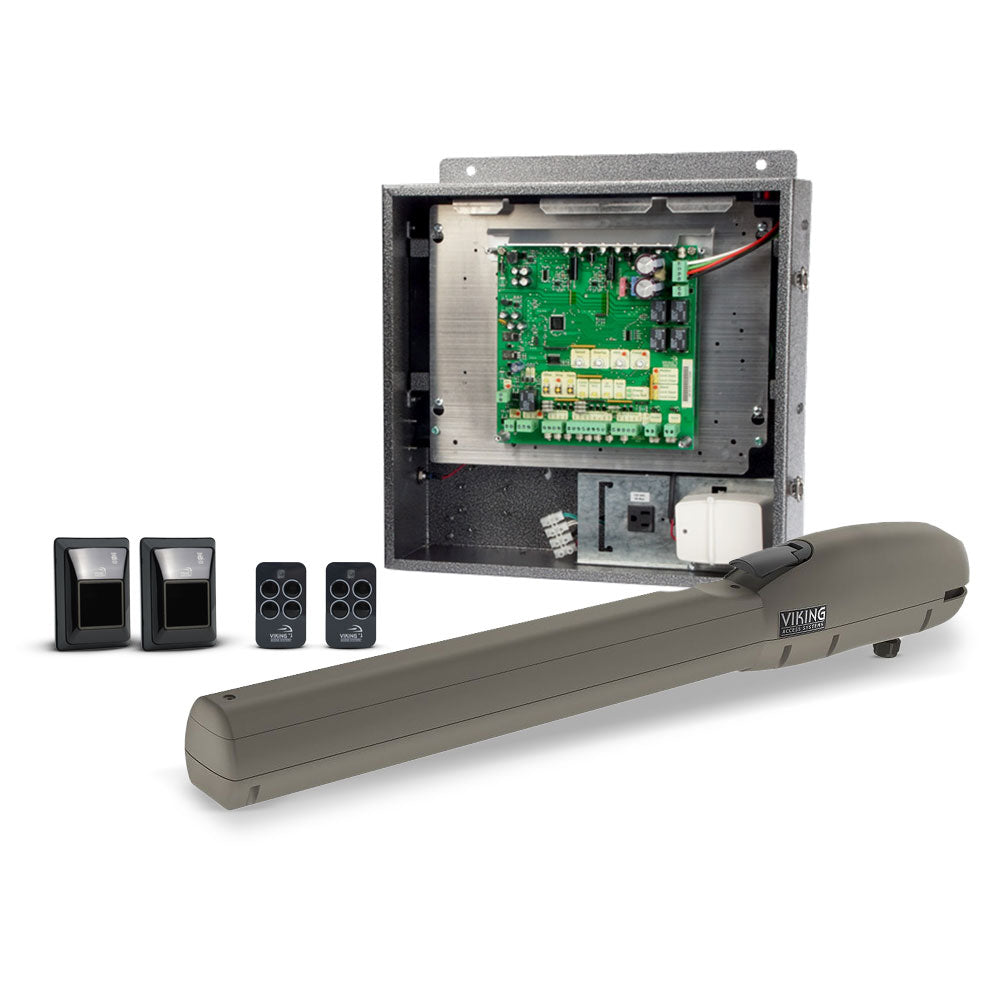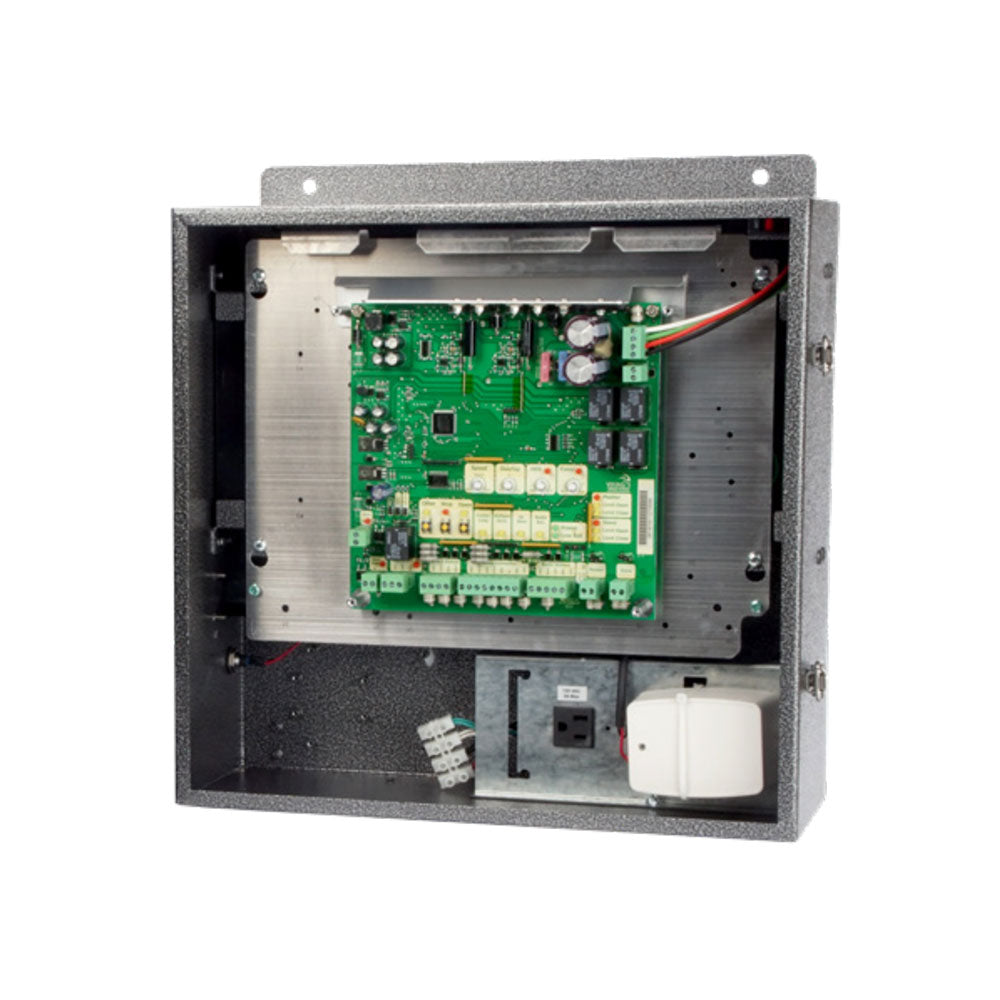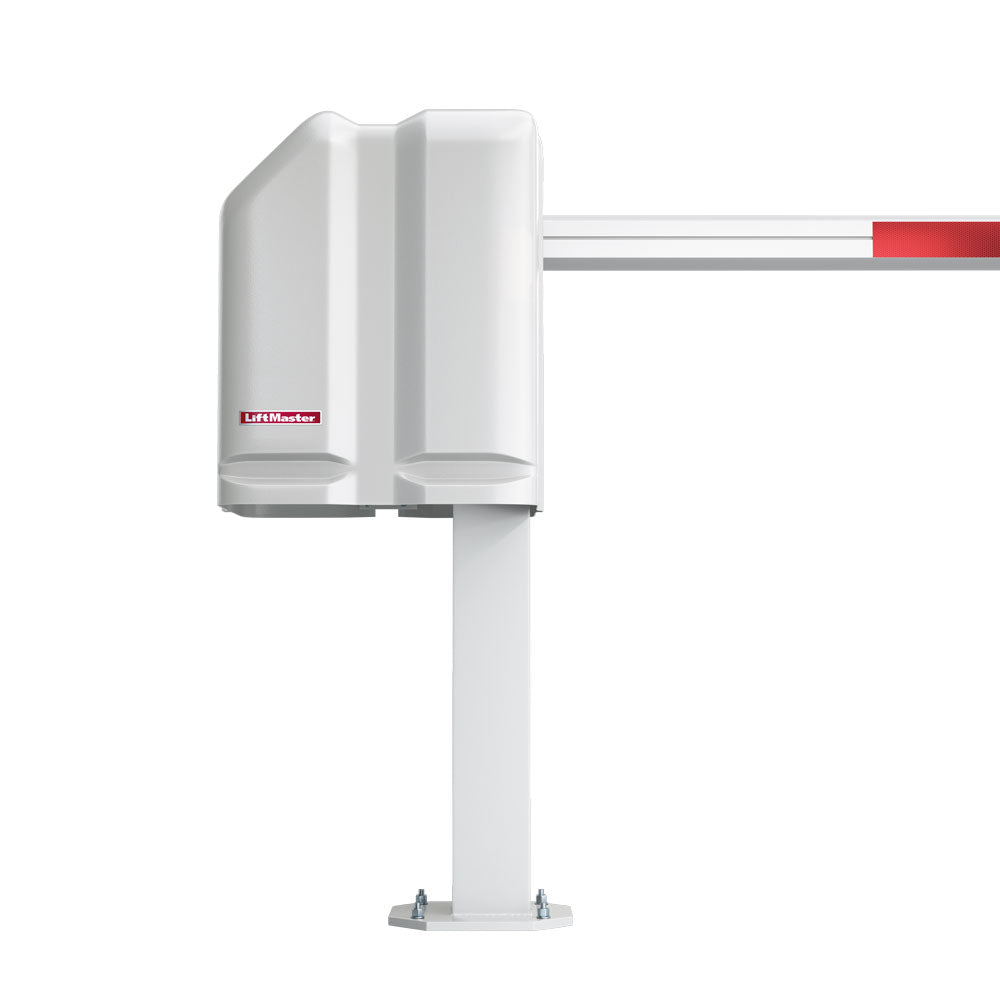Regardless of the size of your property, a security camera is a must for business and home security. The best security camera keeps a conscientious watch over the area to ensure safety. Just the sight of it can prevent intrusion, giving tenants and clients peace of mind.
The market is filled with all sorts of security cameras for the same purpose of guarding the vicinity. However, they may have different functions. Finding the right fit for your property enables it to serve its purpose well.
Types of Security Cameras
Security cameras are divided into two main types: wired and wireless camera systems.
The wired security camera system uses a coaxial cable or ethernet cable for transmitting security footage to a central video recording system.
The wireless system transmits data to cloud storage using WiFi. They do need a power cable that plugs into the power outlet, though. However, there are wire-free wireless systems that totally ditch cords and cables by acquiring power through a battery or solar panel.
Wired Security Cameras
A wired security camera can be an indoor or outdoor camera. Both types require professional installation to install each camera on site. Once installed, you can’t move it to a different location without re-wiring. Wired security cameras are considered permanent or semi-permanent.
The cameras connect to an electrical outlet and internet cable as well as to the central hub that stores the footage.
The indoor type wired security cameras show the interior view of the house. They are typically dome cameras (link to Dome vs Bullet Camera: Pros and Cons for Different Surveillance Needs) mounted on the ceiling.
Outdoor wired security cameras are often bullet-style CCTV cameras with long, cylindrical shapes. Outdoor security cameras are also weatherproof to withstand outdoor weather changes.
Wireless Security Cameras
The wireless system is more popular in the market mostly for their ease of installation. Wireless security cameras are also called Wi-Fi cameras. They do not need the coaxial cables for transferring the video footage.
Instead, the wireless system stores the data locally on the camera or in cloud storage that is accessed by subscription. Wireless security systems may also be installed indoors or outdoors.
Indoor wireless cameras are widely used for room monitoring. They are ideal in baby rooms or for watching over pets. Some specialty indoor cameras are even able to dispense treats to pets.
Outdoor wireless cameras are also positioned to monitor the perimeter of the building. Some of them have spotlights and alarms to scare intruders away.
When it comes to the span of view, wireless outdoor cameras offer a wider coverage than wired outdoor cameras. They can rotate to at least a 130ᵒ angle.
Buying Guide for Security Cameras
The wired vs wireless option is just one of the few things to consider before purchasing a security camera.
Here are some guide questions you can ask to help you decide the right option.
Location of the Security Camera
House coverage can be indoor or outdoor, or both. The security camera that you should buy must be rated for the appropriate environment. An outdoor camera needs to be weatherproof to survive drastic weather conditions.
Choose the Power Source
The wired or wireless system will help you decide on what to get. The wired system does not need to be near a power source since it is wired to the central recording hub. The wireless system, on the other hand, is the one that needs to be near an outlet.
You may also choose a wireless system that operates through a battery, but make sure to charge it periodically. If you want a fail-proof wireless camera, solar-powered are decent options unless you have erratic weather in your area.
Mind Your Budget
Security camera prices vary depending on their special features and installation costs. The price range starts at $25 to $400 and can go up depending on how wide the area you need to cover.
Consider this tip: wireless cameras are expensive upfront for their material and installation. However, they don’t require video storage fees, which may help you save more in the long run.
Look for Special Features
Different camera models and brands offer different features unique to their products. The following section will tell you some of those attributes to look for in a security camera.
Features to Look For in a Security Camera
Now that you know which type you need for home security and business purposes, you can scrutinize the features each camera offers.
Here are a few of the most important considerations:
Camera Resolution
Camera resolution for recording clear and crisp video footage should be a top priority. Go for Full HD cameras with 1080p resolution, if possible, instead of 720p.
Wide-Angle Lens
Choose a wide-angle lens such as the UNV 5MP 180ᵒ to cover a wider area, especially for outdoor cameras. A wide-angle lens covers a lot of ground in its front and sides. A pan-tilt capability also does a great job in wide-angle capturing.
Motion Detection
The motion detection feature raises an alarm when the camera senses motion within its range of view. Cameras with motion detection have the NVR or DVR video surveillance software that detects the motion and generates an alarm.
Storage Options
Entry-level security cameras offer local storage on an SD card inserted into the built-in slot in the camera. It can store only limited data, so some camera manufacturers offer cloud storage.
The remote server stores the video footage for your surveillance camera, which you can download when needed. SD storage is not downloadable unless you pay up.
Two-Way Talk
Two-way communication allows homeowners to talk to someone within the camera range. It is useful for talking to visitors by the door or scaring away unauthorized persons within the home premises.
Night Vision
The night vision feature is essential for outdoor cameras to capture clear footage even when it is dark outside. It’s made possible by infrared technology or the built-in spotlight for full-color night vision.
Smart Home Features
A smart home security camera system offers a wider range of capabilities depending on the brand.
It may have a voice or app control using Google Home, Apple Home or Amazon Alexa. Smart features may also include smartphone alerts, facial recognition, scheduling and geofencing.
Choosing the Best Security Camera
The best business or home security system and camera is subjective to its purpose. Whether you want indoor or outdoor monitoring, wireless or wired, the choice is up to you.
The options for the best home security camera may be overwhelming. But if you call us at All Security Equipment today, we can help you narrow down the options for your particular needs.
We have security cameras, accessories and related products for enhancing the safety of your home or business, inside and out.

